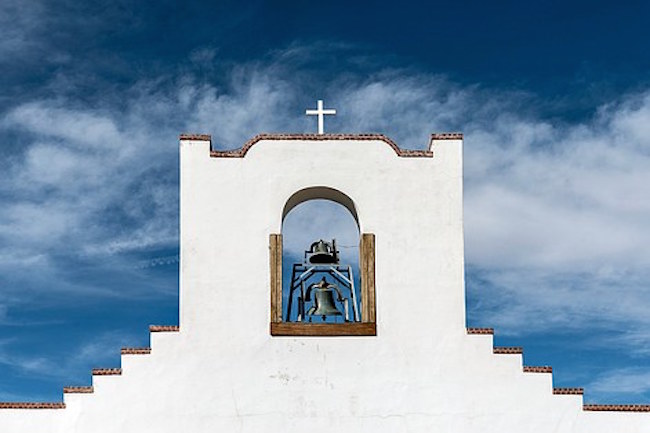Nondenominational churches surpass Southern Baptists in adherents: report By Leonardo Blair for The Christian Post
In the last 10 years, the number of American Christian adherents in nondenominational churches nearly doubled in number and surpassed America’s largest Protestant denomination, the Southern Baptist Convention, by several million adherents, the 2020 U.S. Religion Census shows.
The study, released Friday, shows that over that period, the number of adherents in Southern Baptist churches and the United Methodist Church each decreased by about 2 million, while the number of adherents in independent, nondenominational Christian churches increased by nearly 9 million.
In its latest report, the USRC said the SBC registered 17,649,040 adherents and had the largest number of congregations among all denominations, with 51,379, representing 10.9% of America’s religious population and 5.3% of the general population overall. The UMC was found to be in the highest number of counties, 2,989, across the U.S. In 2010, however, the SBC reported 19,896,975 adherents spread across 50,816 congregations, which represented 6.4% of the population overall.
That same year, nondenominational Christian churches had 12,241,329 adherents in 35,496 congregations, which represented 4% of the overall population. In 2020, with nearly 5,000 more congregations identifying as nondenominational, Christian adherents in the group swelled to 21,095,641. Their share of America’s religious population increased to 13.1%, while they now also represent 6.4% of the general population.
“The decrease in certain denominations and increase in nondenominational churches may be a result of the same factors,” Scott Thumma, director of the Hartford Institute for Religion Research, who counted independent churches for the USRC, said in a statement. “Denominational brands have weakened, and divisions have increased over issues such as female clergy or sexual orientation. This likely led some adherents to seek or even start new, nondenominational churches.”
Nondenominational churches, according to Grace Church in Plano, Texas, are churches that hold “no connection with the recognized denominations and mainline churches such as the Baptist, Catholic, Presbyterian, Lutheran, or Methodist churches,” all of which have been losing members.




